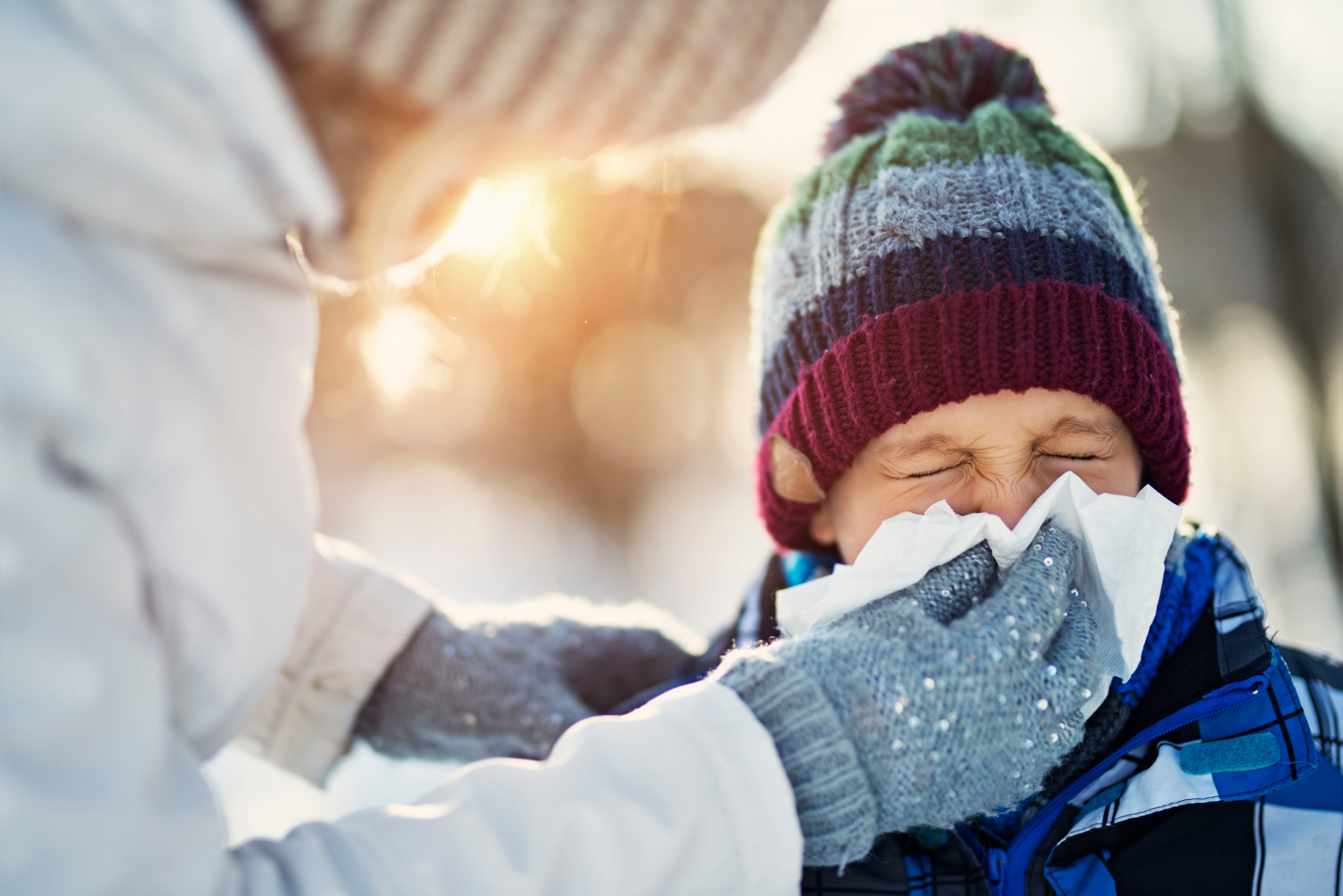
Argentina has recorded “an unusual, very important and advanced increase in the number of respiratory viruses, such as influenza, which has the same route of transmission of coronavirus,” said the Minister of Health of the Nation, Carla Vizzotti, and confirmed that today the distribution of influenza vaccines began to 24 jurisdictions in the country to start implementation at the national level from next Friday.
“At the moment the most important impact is on pediatrics, since the influenza virus has not circulated for two years, and since boys and girls have not had contact with the virus, they are a very susceptible population,” said Vizzotti in dialogue with Radio 10 and added that “in the last influenza season they have been reported 4,000 cases throughout the year and now in the first quarter we already have 2,500 cases registered.”
“We received 1,500,000 doses last Friday, today they begin to be distributed, we continue to receive, there are almost 10 million influenza vaccines that are being purchased. The distribution of both adult and pediatric doses is underway, it began today and on March 25, influenza vaccination will be launched throughout the country simultaneously, as agreed with all the Ministers of Health,” Vizzotti confirmed.
To explain the processes involved in the influenza vaccine, the official explained that “it is the only vaccine that is produced from scratch every year, in September the World Health Organization (WHO) defines the strains it will contain in the southern hemisphere and it starts to be manufactured, so no one in the southern hemisphere has it before March, including April, and some in May”.
“The vaccination that we are starting is just in autumn, it is very timely and we expect rapid distribution in the provinces and the high demand of the population to vaccinate quickly,” Vizzotti summarized.
Who should get vaccinated

Flu is a viral disease that usually occurs in mild form, but in young children, older adults, and people with other serious medical conditions, the infection can lead to severe complications, cause pneumonia, and in some cases cause death. Therefore, groups with risk factors are the ones prioritized to receive the flu vaccine.
The flu vaccine is included in the National Calendar for:
- Personal de salud
- Children between 6 and 24 months
- Over 65 years old
- Pregnant in any month of gestation, puerperal if they did not receive during pregnancy
- People aged 2 to 64 years with risk factors (chronic diseases or immunocompromise)
“In addition, it is recommended that anyone who lives with someone from these groups or those with these pathologies also be vaccinated, to protect them from possible infection,” Dr. Ricardo Teijeiro, an infectiologist at the Pirovano Hospital and member of the Argentine Society of Infectology (SADI), told Infobae.
When a vaccine is included in the National Vaccination Calendar, the State guarantees its free application for the population group that must apply it. For the rest of the population outside the priority or risk groups, the mechanisms are similar to any vaccine outside the National Calendar. In this case, the application is optional, although recommended.

The influenza strain that is currently circulating in Argentina is influenza A H2N3. “This version of the virus is already included in the formulations of vaccines that are going to be applied in a few days. This strain is similar to the one that circulated in the northern hemisphere,” Teijeiro explained. The specialist stressed that this strain is different from influenza A H1N1 that caused the 2009 pandemic, “H1N1 are totally different, those strains are more pandemic than the current one,” said the doctor at Hospital Pirovano and added that, until now, it was not detected if it is more severe than the previous strains, but as always occurs with viruses, we must wait to see how it develops with increased circulation.
Gripe y COVID-19
Influenza viruses are primarily responsible for influenza, which mainly affects the nose, throat, bronchi and, occasionally, lungs. Viral infection usually lasts a week and is characterized by the sudden onset of high fever, muscle aches, headache, general malaise, dry cough, sore throat and rhinitis.
Viruses, both influenza and coronavirus, are easily transmitted from one person to another through droplets and small particles expelled by coughing or sneezing.
Influenza usually spreads rapidly in the form of seasonal epidemics, and most of those affected recover within a week or two without needing medical treatment.
With both the flu and coronavirus, people may have muscle pain and body aches, headache, vomiting and diarrhea, and changes or loss of taste or smell. However, in the case of the flu, loss of smell or taste is rare. Symptoms of diarrhea and vomiting occur more in cases of children with the flu.
KEEP READING:
Últimas Noticias
Debanhi Escobar: they secured the motel where she was found lifeless in a cistern
Members of the Specialized Prosecutor's Office in Nuevo León secured the Nueva Castilla Motel as part of the investigations into the case

The oldest person in the world died at the age of 119
Kane Tanaka lived in Japan. She was born six months earlier than George Orwell, the same year that the Wright brothers first flew, and Marie Curie became the first woman to win a Nobel Prize

Macabre find in CDMX: they left a body bagged and tied in a taxi
The body was left in the back seats of the car. It was covered with black bags and tied with industrial tape
The eagles of America will face Manchester City in a duel of legends. Here are the details
The top Mexican football champion will play a match with Pep Guardiola's squad in the Lone Star Cup

Why is it good to bring dogs out to know the world when they are puppies
A so-called protection against the spread of diseases threatens the integral development of dogs



